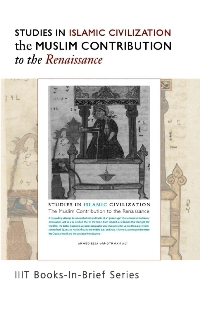
- Ahmed Essa with Othman Ali
- 30
- 12968
- 3956
- 3077
Studies in Islamic Civilization:
The Muslim Contribution to the Renaissance
Studies in Islamic Civilization draws upon the works of Western scholars to make the case that without the tremendous contribution of the Muslim world there would have been no Renaissance in Europe. For almost a thousand years Islam was arguably one of the leading civilizations of the world spanning a geographic area greater than any other. It eliminated social distinctions between classes and races, made clear that people should enjoy the bounties of the earth provided they did not ignore morals and ethics, and rescued knowledge that would have been lost, if not forever, then at least for centuries. The genius of its scholars triggered the intellectual tradition of Europe and for over seven hundred years its language, Arabic, was the international language of science. Strange then that its legacy lies largely ignored and buried in time. In the words of Aldous Huxley, “Great is truth, but still greater, from a practical point of view, is silence about truth. By simply not mentioning certain subjects… propagandists have influenced opinion much more effectively than they could have by the most eloquent denunciations.” Studies in Islamic Civilization is a compelling attempt to redress this wrong and restore the historical truths of a “golden age” that ushered in the Islamic renaissance, and as a by-product that of the West. In doing so it gives a bird’s eye view of the achievements of a culture that at its height was considered the model of human progress and development.
Source: noor-book


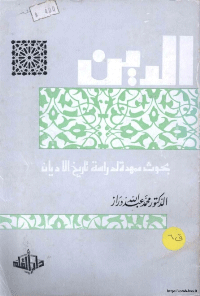
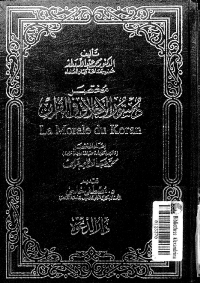
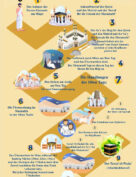
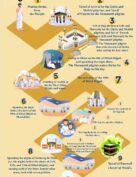
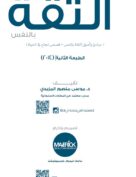
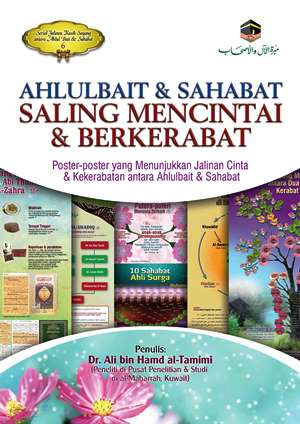
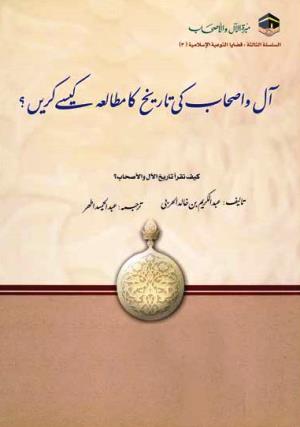
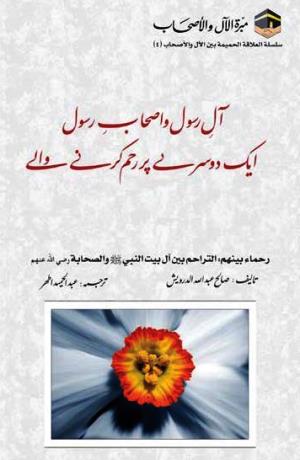
 Afar
Afar Afrikaans
Afrikaans Akan
Akan Albanian
Albanian Amharic
Amharic Arabic
Arabic Armenian
Armenian Assamese
Assamese Avari
Avari Azerbaijani
Azerbaijani Basaa
Basaa Bengali
Bengali Bosnian
Bosnian Brahui
Brahui Bulgarian
Bulgarian Burmese
Burmese Catalan
Catalan Chami
Chami Chechen
Chechen Chichewa
Chichewa Chinese
Chinese Circassian
Circassian Comorian
Comorian Czech
Czech Danish
Danish Deutsch
Deutsch Dutch
Dutch English
English Estonian
Estonian Finnish
Finnish French
French Fulani
Fulani Georgian
Georgian Greek
Greek Gujarati
Gujarati Hausa
Hausa Hebrew
Hebrew Hindi
Hindi Hungarian
Hungarian Icelandic
Icelandic Indonesian
Indonesian Ingush
Ingush Italian
Italian Japanese
Japanese Jawla
Jawla Kannada
Kannada Kashmiri
Kashmiri Katlaniyah
Katlaniyah Kazakh
Kazakh Khmer
Khmer Kinyarwanda
Kinyarwanda Korean
Korean Kurdish
Kurdish Kyrgyz
Kyrgyz Latvian
Latvian Luganda
Luganda Macedonian
Macedonian Malagasy
Malagasy Malay
Malay Maldivian
Maldivian Maranao
Maranao Mongolian
Mongolian N'ko
N'ko Nepali
Nepali Norwegian
Norwegian Oromo
Oromo Pashto
Pashto Persian
Persian Polish
Polish Portuguese
Portuguese Romani - gypsy
Romani - gypsy Romanian
Romanian Russian
Russian Serbian
Serbian Sindhi
Sindhi Sinhalese
Sinhalese Slovak
Slovak Slovenian
Slovenian Somali
Somali Spanish
Spanish Swahili
Swahili Swedish
Swedish Tagalog
Tagalog Tajik
Tajik Tamazight
Tamazight Tashamiya
Tashamiya Tatar
Tatar Thai
Thai Tigrinya
Tigrinya Turkish
Turkish Turkmen
Turkmen Ukrainian
Ukrainian Urdu
Urdu Uyghur
Uyghur Uzbek
Uzbek Vietnamese
Vietnamese Yoruba
Yoruba Zulu
Zulu